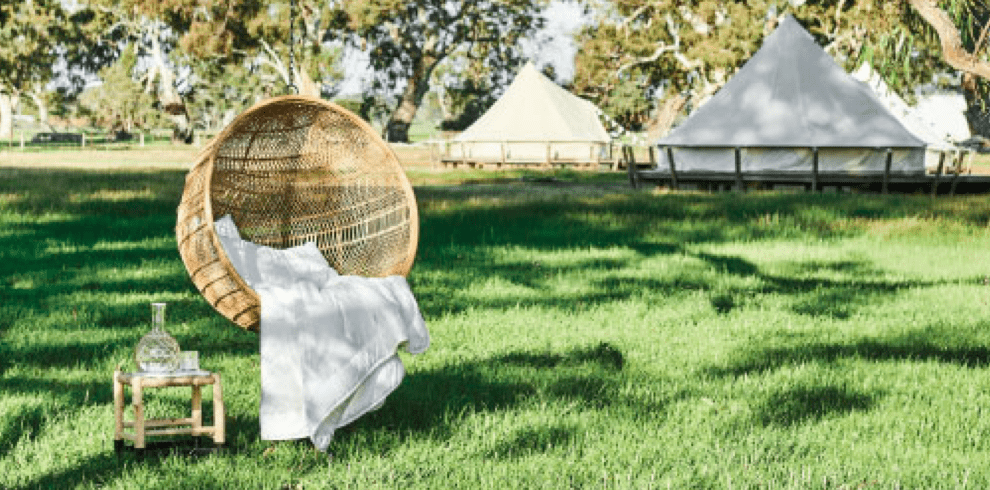Today, MiniJumbuk is renowned for producing premium quality Australian wool bedding. But in the lead up to the Commonwealth Games and driven by Paul Hogan's popular 'slip another shrimp on the barbie' campaign, popularity for the fledgling bedding company was focussed on the miniature souvenir sheep, or 'mini jumbuks' that gave the business its name.

1982 saw the company employing nearly 100 women making sheep in their spare time. It became a huge operation, with the production of MiniJumbuk sheep rising to a staggering 80,000 that year. Duty free shops across the country were stocked to the brim with the 'all Aussie' souvenir. From such dizzying heights, it is difficult to believe that in less than 8 years these endearing little sheep had disappeared from the market.

With the America's Cup looming, the decision was made to capitalise on the associated tourist boom. Unfortunately a series of events followed, working against the continued success of the sheep. Initially, to meet the increasing demand, two of the best sheep makers were sent to the Philippines to train local women. Tensions arose as the humid conditions made the wool difficult to work with, the construction became even more time consuming and the quality of the sheep deteriorated.
Next, the Australian tourism industry suffered several major blows. Strike action by Australian pilots caused severe disruption to flight services, a Japanese recession and the onset of the Gulf War all caused visitor numbers to Australia to dwindle. Deregulation of the airline industry in 1990 lowered airfares and delivered a new wave of budget conscious travellers, but rather than sheep, they were looking for a cheaper cuddly koala or kangaroo to take home.
At the same time, it became more difficult to find Naracoorte women with time to make the specialised souvenirs. As an incentive to continue working, the ladies were paid more and naturally the price of sheep increased - it was a downward spiral. By the late 1990's while the 'mini jumbuk' souvenirs had disappeared from the market, MiniJumbuk bedding products were emerging as a market leader, mitigating any financial losses.



